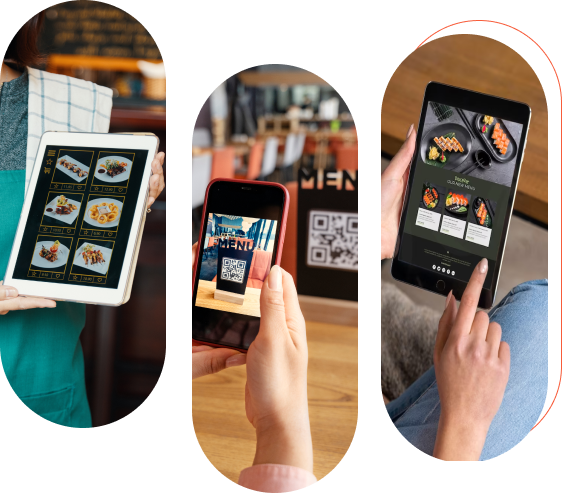In the 21st century, the digital age has revolutionized various industries across the globe, transforming traditional operations into tech-driven models. One such industry that has experienced significant change is the restaurant industry, particularly in Saudi Arabia and the broader Middle East. For restaurant owners and management, adapting to digital solutions is no longer an option but a necessity to remain competitive and meet the evolving demands of consumers.
The Digital Transformation in the Saudi Arabian Restaurant Industry
The restaurant industry in Saudi Arabia has a rich history, with a diverse range of cuisines reflecting the country’s cultural heritage. However, the onset of the digital age has reshaped the industry, introducing new ways of doing business and interacting with customers.
Today, the industry is a vibrant digital landscape, with restaurants leveraging technology to enhance their operations and customer experience.
According to the General Authority for Statistics, the total information and communications output in Saudi Arabia reached SR204bn ($54.4bn) in 2020, up 9.6% from SR186bn ($49.6bn) in 2019.
5 Key Digital Trends in the Restaurant Industry
Several digital trends are defining the restaurant industry today.

- Online ordering and delivery platforms have become the norm, providing customers with convenience and variety at their fingertips.
- Digital menus and self-service kiosks are also gaining popularity. For instance, “digital QR menu software” from Talabat Menu company is helping restaurant owners run their operations smoothly and in an environmentally friendly way.
- Social media marketing and online reviews: Social media marketing has become a powerful tool for restaurants to reach a wider audience and engage with customers. As of January 2023, there were 29.10 million social media users in Saudi Arabia, highlighting the potential reach of social media marketing for restaurants. Online reviews on platforms like TripAdvisor and Yelp significantly influence customer choices.
- Mobile payments and digital loyalty programs are enhancing the customer experience, making transactions seamless and rewarding frequent patronage.
- AI and data analytics are being used to personalize the customer experience, with recommendations based on past orders and preferences.
3 Challenges and Solutions in Adopting Digital Solutions
Adopting digital solutions comes with its challenges.
- Understanding customer behavior and technology adoption can be complex.
- Training staff to use new digital systems can also be time-consuming.
- Ensuring data security and privacy is another critical concern, given the sensitive nature of customer information involved.
However, these challenges can be overcome with proper planning, training, and the use of secure and reliable digital platforms.
Future of the Restaurant Industry in the Digital Age
Looking ahead, the restaurant industry is set to witness more technological advancements. AI, the Internet of Things (IoT), and Virtual/Augmented Reality (VR/AR) are expected to play significant roles in shaping the industry. Restaurant owners and managers will be at the forefront of driving this digital transformation, ensuring their businesses stay relevant and competitive.
Conclusion
In conclusion, the digital adaptation in the restaurant industry is of paramount importance. It not only enhances operational efficiency but also improves the customer experience. Restaurant owners and managers in Saudi Arabia and the Middle East are encouraged to embrace these digital solutions, paving the way for a prosperous and tech-driven future.
References

 English
English


